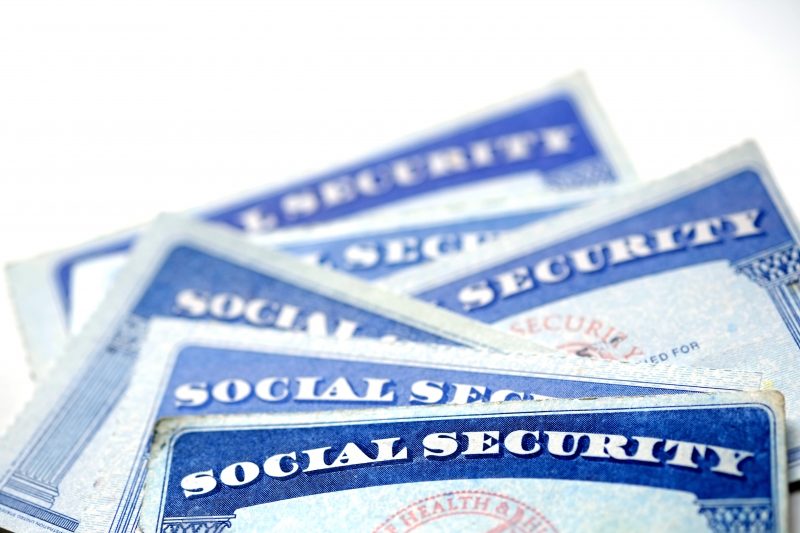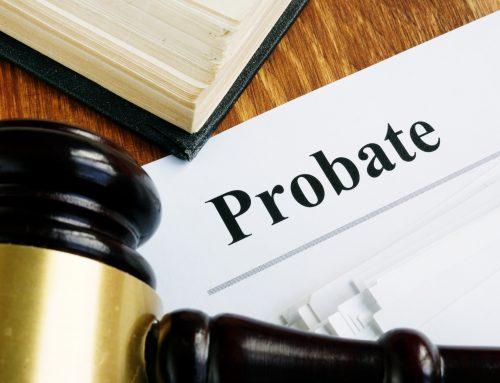If you’ve gotten a notice in the mail that the Social Security Administration has overpaid you, then you’re probably scared and confused. The notice will come with a demand to send back the money within 30 days. But what if that money is already spent or earmarked for something else? Social security overpayments can happen for a variety of reasons. Sometimes, the SSA has new information that they didn’t have before and this affects how much you should have gotten. In other cases, some mistake was made on their end and now they’re saying that you have to give some of your money back. In this article, we’ll discuss how to handle a social security overpayment.
The Notice of Overpayment
When you receive your notice of overpayment, it will tell you how much (exactly) you were overpaid and that you have 30 days to send the money back to the SSA. The first thing that you’ll want to do is read the information carefully. Take a look at the amounts and dates and see if they look right to you. If they do, there’s no need to panic. If they don’t, there’s no need to panic. The SSA is expecting some form of response from you, but if you owe the money, as they say, you may not have to pay it back immediately.
Three options for dealing with a social security overpayment include:
- Asking for reconsideration. Essentially, you are appealing the decision that you owe the money they say you owe and you’re asking the SSA to take another look at your case. You should ask for reconsideration if you think that the amount of money they say they overpaid you is wrong or their reasoning behind demanding overpayment money is not based on valid information. You will need to ask for reconsideration in writing by filling out this form.
- Asking for a waiver. Asking for a waiver means that you agree that you were overpaid, but you ask the SSA to forgive the overpayment. This is the right option when you think the overpayment was not your fault or you can’t afford to repay the amount. The SSA will automatically waive overpayment if the amount they say you owe is under $1,000, you did not make false statements to the SSA or withhold information, and you request a waiver. You will need to fill out this form.
- Ask to repay on a schedule. If you think the overpayment was your fault, but you can’t afford to pay it back at the moment, your last option is to ask to repay on a plan. In other words, you can repay a little at a time. The SSA will withhold the sum from your monthly payments, but they won’t take more than you can afford to repay. If you’re out of other options, this is still a possibility. Unless you have committed some form of fraud by lying to them, they will accept a repayment schedule.
Of course, you can always repay the sum they sent you immediately, but these other options are also available if you need them. You should, however, act quickly. If you do not respond to the demand letter, the SSA will begin deducting the money directly from your checks and you will have less control over how the process goes. If you need the money, you need only tell the SSA that you prefer to pay it back on a schedule or ask for a waiver and they’re generally receptive to either option.
Talk to a Social Security Attorney Today
If you’re unsure of how to deal with a social security overpayment, the attorneys at Barnes Cadwell Law (an association, not a partnership) can help you through the process. Talk to us today for more information.






